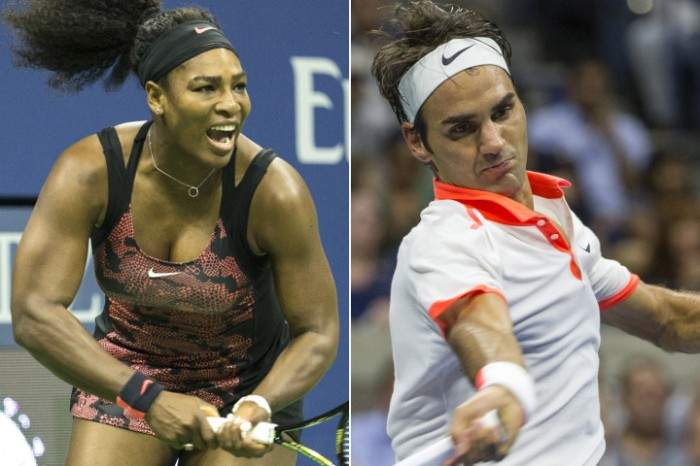Roger Federer and Serena Williams are Maestros of tennis. They stand as conductors on one side of the net while on the other, the rest of the orchestra comes out to play. They control and coordinate the game, building its rhythm while other members of the orchestra are still fine tuning their strings. They are never satisfied with just winning, it is self-mastery that fuels their desire. Quite simply, they strive every day to better than they were the day before. They don’t define themselves by the result of their last match, but by how well they prepared and the tenacity of their execution.
Federer and Williams know you can’t just turn up and expect to win. They know if tennis ever becomes boring, a thin veil of civility and feigned interest won’t hide it. Truly elite athletes know it takes more than muscle to stay at the pointy end of elite sport. They cultivate passion and commitment and never lose the joy of creative expression. They set new and challenging goals every season to keep the brain excited and motivated.
It is their self-awareness and lack of self-aggrandisement that endears them to the public. There is no higher standard for them to achieve than the one they set for themselves. They strive to achieve an emotional resonance with their tennis, a harmonious rhythm with an almost absence of conscious thinking. They play with feeling, but it is feeling born from thousands of hours of deliberate and intentional practice, so that by the time they grace our television screens it may look effortless, but it is not without effort.
As Maestros of tennis they read certain pieces of information and how they relate to others. They read eye gaze, the tilt of a head, body tension, small movements in facial expression, the position of the racquet head and chunk this information to predict where a an opposition player is about to place the ball, then they act. What seems instinctive or a ‘natural talent’ is a learnt ability. In spending exorbitant periods of time immersed in practicing, training and competing, Federer and Williams can process a series of seemingly independent episodes and create a dense web of patterns of predictable behaviour. To the spectator it appears to be instinctual, but to the player it is a learnt ability to read the game based on years and years of thoughtful practice.
When we tell young and up and coming athletes how gifted and talented they are, we are doing them a disservice. Generating a false belief that it is going to be easy. Talent implies an ability that one is “born with” while wrongly assuming that hard work is for the less talented. Being told one is talented can provide a false sense of what is required to be an elite athlete, creating an aversion to the steely persistence that is required in the face of failure and a temptation to say “I could have if I had wanted to.” Which really means “I am afraid of failing and finding out I am not as good as I thought I was.”
Gayelene Clews is a Performance Psychologist and author of “Wired to Play: The Metacognitive Athlete”. She has worked with many of the very best sporting teams in the world including Olympic and World Champions. Clews applies science to success in her “Wired for Success” business workshops for emotionally intelligent organisations. Her work has been widely reviewed by The Australian, Financial Review, Sydney Morning Herald, The Age, Canberra Times, ABC Lateline, COMPASS, ABC radio and many others. Contact Gayelene via info@wiredtoplay.com. To purchase her book www.wiredtoplay.com.
